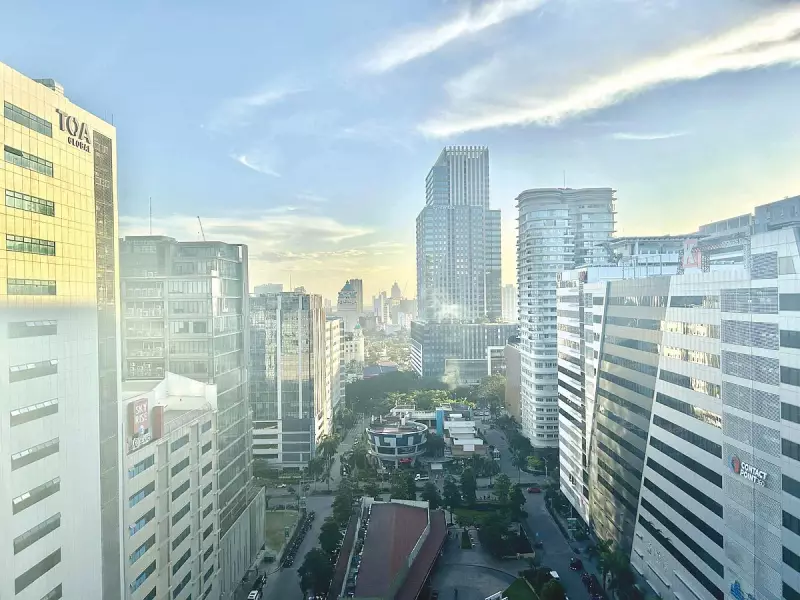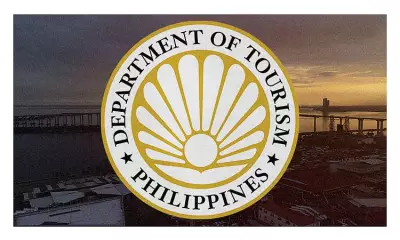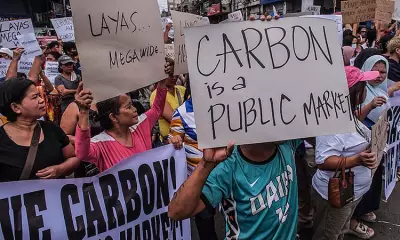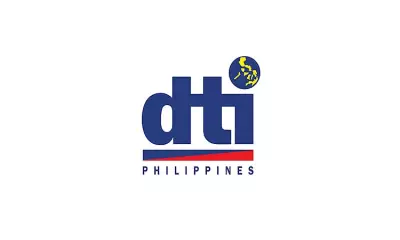
The Philippines has maintained its position as one of Southeast Asia's fastest-growing economies, posting a 4 percent expansion in the third quarter of 2025, according to a statement from the country's economic planning chief released on Thursday, November 7.
This growth figure, while solid, marks a slowdown from previous quarters, pulling the year-to-date average down to five percent. This places the performance below the government's target range of 5.5 to 6.5 percent for the year. Despite this, the nation's growth outlook remains the second highest in the region, trailing only behind Vietnam's projected 6.3 percent.
Key Factors Behind the Economic Slowdown
Economic Planning Secretary Arsenio Balisacan identified several headwinds that impacted growth during the period. A significant factor was the easing of household consumption, which slowed to 4.1 percent. Filipino families reportedly postponed purchases due to weather disruptions and concerns over infrastructure spending, compounded by lower disbursement of conditional cash transfers.
Public construction also contracted sharply, a result of stricter validation requirements implemented by the Department of Public Works and Highways. While private construction remained resilient, investment in durable equipment showed signs of weakness.
Secretary Balisacan also highlighted the disruptive impact of natural disasters, specifically Typhoon Tino and recent major earthquakes. These events halted work, closed schools, and disrupted travel in key areas like Cebu and Davao, dampening local commerce and the vital tourism sector.
Government's Multi-Pronged Response and Recovery Plan
In response to these challenges, the government is activating a comprehensive strategy. To aid communities, it is tapping emergency funds, controlling prices of basic goods, and fast-tracking relief and reconstruction efforts. The rehabilitation of critical infrastructure such as damaged bridges, dikes, and roads is being prioritized.
"We understand the pressures Filipino families face," Balisacan stated, emphasizing that the administration is prioritizing social protection, affordable services, and job creation to ensure the recovery is inclusive.
Looking forward, the government is pushing to boost trade and tourism. Exports, particularly in the electronics sector, are expected to benefit from stable global demand and exemptions from higher U.S. tariffs. The country is also actively pursuing new free-trade agreements with the United Arab Emirates, Chile, the European Union, and Canada.
On the tourism front, officials are expanding e-visa access and promoting niche markets like Muslim-friendly, sports, and food tourism. The digital sector is also a key focus, with the full implementation of the Konektadong Pinoy Act expected to support the shift to higher-value business process outsourcing and digital services by making internet more competitive and affordable outside Metro Manila.
Strengthening Governance and a Confident Outlook
To improve efficiency, the government will press agencies to use budget allocations more effectively, leveraging digital platforms like the Modernized PhilGEPS Open Data Portal and the DIME monitoring system. Balisacan urged the public to report delays and irregularities through feedback channels like Sumbong sa Pangulo.
The administration is also advocating for the passage of key reforms to strengthen governance. These include amendments to bank secrecy and anti-money laundering rules, a national infrastructure masterplan, and a measure to prevent relatives of public officials from participating in government contracts. "It takes two to tango," Balisacan remarked, underscoring that fighting corruption is a shared responsibility among the government, private sector, and civil society.
Despite the short-term setbacks, Balisacan expressed confidence in the economy's resilience, citing strong macroeconomic fundamentals such as low inflation, manageable debt, and a stable banking system. He believes the economy will rebound in 2026.
"We are committed to rebuilding investor confidence and restoring public trust," he affirmed. "Let us remain united in working toward a matatag, maginhawa, at panatag na buhay for every Filipino."





